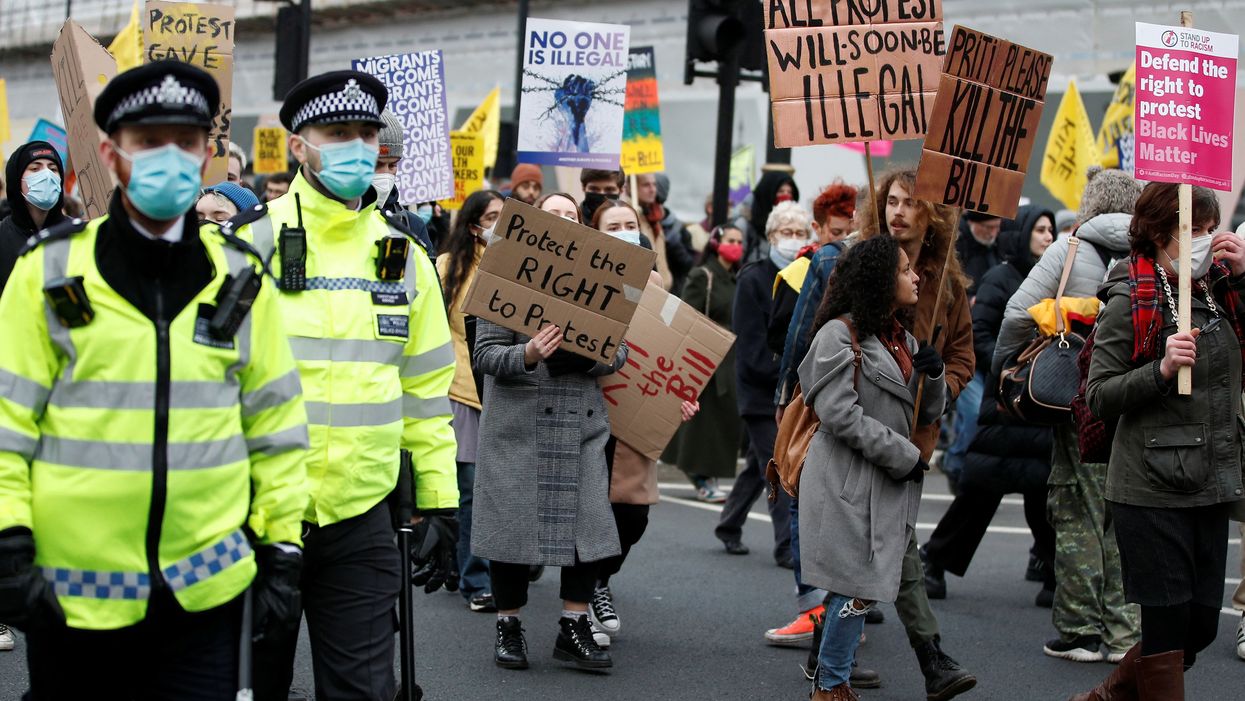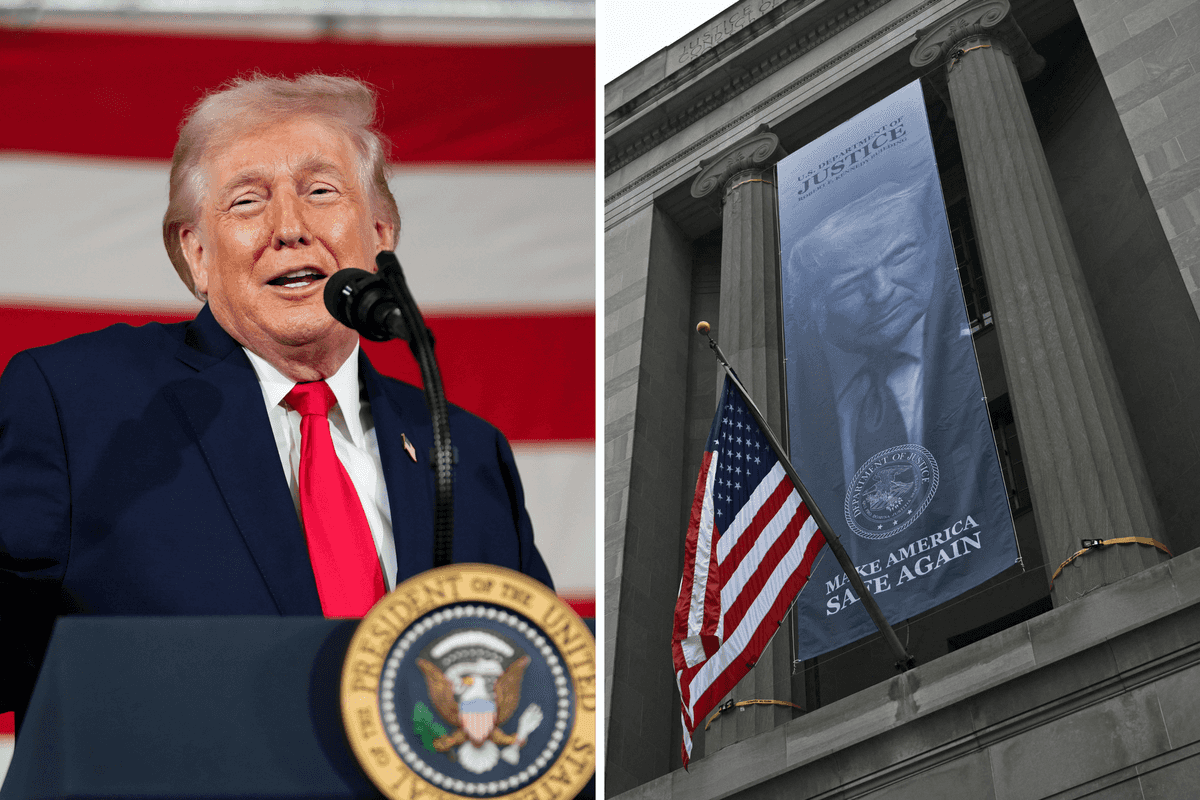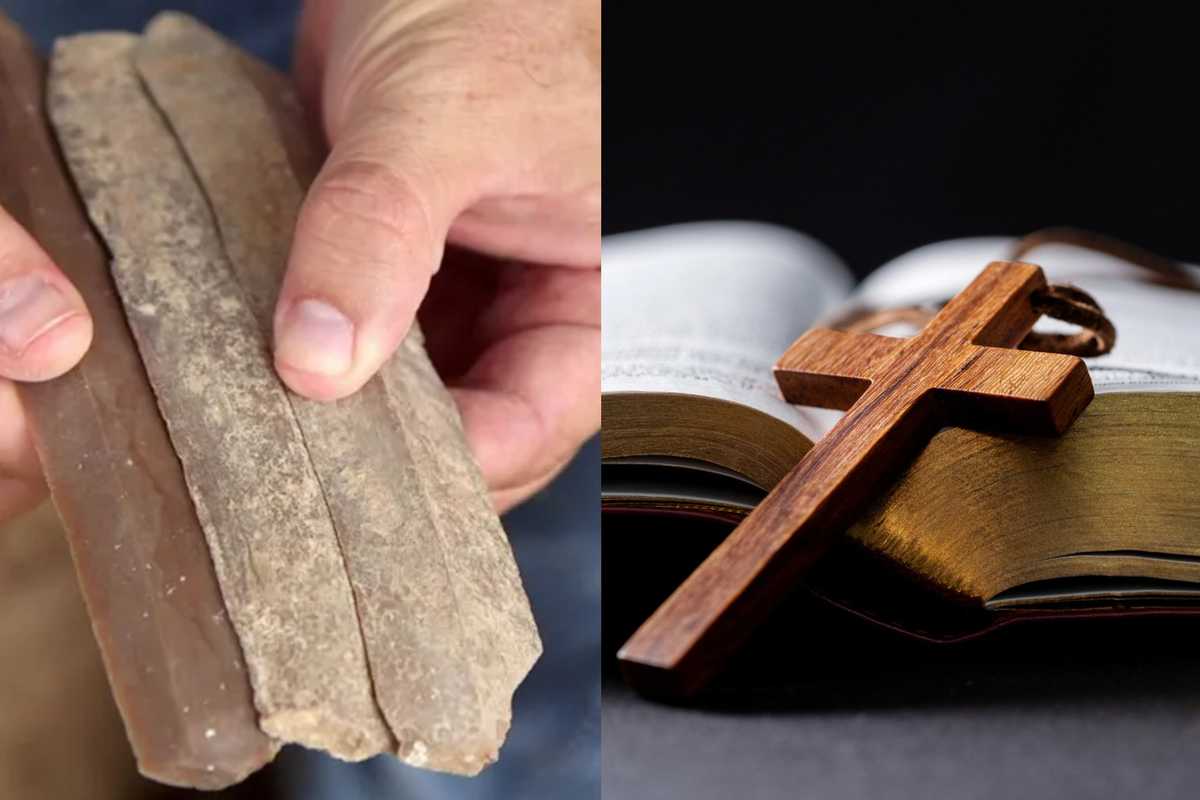Liam O'Dell
Jan 18, 2022
The UK Government suffered successive defeats in the House of Lords on Monday night, when peers voted through amendments to the controversial Police, Crime, Sentencing and CourtsBill.
Often shortened to the policing bill for ease, the legislation has attracted criticism from activists and campaign groups over its plans for protests, with those opposed to the bill uniting under a campaign titled ‘Kill the Bill’.
One area of concern cited by critics is new conditions on public assembly, which would restrict demonstrations where the noise generated by the protest “may result in serious disruption” to an organisation or person in the vicinity.
“The noise generated by persons taking part in a public procession may have a relevant impact … if it may result in the intimidation or harassment of … persons likely to be in the vicinity or it may cause such persons to suffer serious unease, alarm or distress,” it reads.
The human rights organisation Liberty previously described the policing bill as “an attack on the rights of everyone who has a cause they believe in”, while charities such as the Runnymede Trust, Friends of the Earth and Greenpeace are amongst those who have signed an open letter criticising the proposals.
In July, when the policing bill was having its third reading in the Commons, the then-shadow home secretary Nick Thomas-Symonds MP said: “Labour is opposed to a bill that pushes through higher sentences for damaging a statue than the minimum sentence for rape.
Sign up to our free Indy100 weekly newsletter
“The measures outlined in the bill disproportionately and unnecessarily remove the rights to peaceful protest.”
The Home Office has stressed the bill “in no way” changes the right to protest peacefully, which is something the department will “always champion”.
“We have seen some of the most self-defeating and dangerous protests in recent years with people gluing themselves to motorways, causing serious disruption to the law-abiding majority across the country and tearing police away from communities that need them most.
“That’s why our police, crime, sentencing and courts bill is so necessary – it gives police the power to proactively prevent this kind of chaos before it ensues, and focuses on a selfish minority of relentless reoffenders,” a spokesperson said.
However, that didn’t stop peers voting through amendments to tackle some of the most contentious aspects of the bill, as the Lords worked into the early hours of Tuesday morning to finish its report stage.
The government ended up suffering a whopping 14 defeats in the final Lords stage before it returns to the Commons as part of the ‘ping-pong’ process, and we’ve summed them up here for you now.
1. A review into spiking
The first Labour-led amendment called on Priti Patel, the home secretary, to “establish a review into the prevalence of, and the response of the criminal justice system to, the offence of administering a substance with intent” – often known as spiking.
A report on its findings would have to be published within six months of the final policing bill becoming law, with the inquiry looking into areas such as incidence rates, prosecution rates and the impact of the crime on victims.
The amendment comes amid reports of women being spiked with needles while at events, while campaigners warn drink spiking is at “epidemic” levels.
237 members voted in favour of the amendment, compared to 190 against.
2. ‘The Hillsborough Amendment’
Voted through with 252 votes compared to 179 against, the “duty of candour” amendment echoes a recommendation made by Bishop James Jones in his 2017 report into the experiences of families affected by the Hillsborough disaster in 1989.
The bishop wrote: “I call for the establishment of a ‘duty of candour’ for police officers … which addresses the unacceptable behaviour of police officers – serving or retired – who fail to cooperate fully with investigations into alleged criminal offences or misconduct.”
252 members voted content to the amendment, while 179 voted ‘not content’.
3. Recording data on gender or sexually-motivated crimes
242 members to 185 voted to create reporting requirements around “offences motivated by hostility towards the sex or gender of the victim”.
The explanatory statement for the amendment read: “This amendment would require police forces to record data on crimes motivated by hostility towards the victim’s sex or gender, as well as requiring courts to take into account this hostility as an aggravating factor when deciding the seriousness of cases which are not sexual or domestic offenses.”
4. Removing restrictions on “serious disruption” caused by public processions
Under the section of the bill on public order, protests could have been restricted if they caused “serious disruption” to an organisation or individual, and led to an individual suffering “serious unease, alarm or distress”.
This section was removed by peers who voted 261 to 166 in favour of scrapping it.
5. Scrapping rules on the obstruction of vehicular access to parliament
Section 57, if it wasn’t removed by peers on Monday, would have made it an offence if someone was “obstructing, by the use of any item or otherwise, the passage of a vehicle of any description into or out of an entrance into or exit from the parliamentary estate, where that entrance or exit is within, or adjoins, the Palace of Westminster controlled area”.
6. Permission to obstruct a vehicle around the parliamentary estate
It was proposed that under section 143 of the bill, the text should state that a person is committing an offence if they do what’s described above in the now-scrapped section 57 – that is, obstruct a vehicle around the Palace of Westminster controlled area.
However, the amendment suggests adding a line afterwards which says it’s an offence “unless permission for such obstruction has been given by the relevant person”
To put it another way, the Labour Lords Twitter account described it as an amendment to “change [the] permission process to allow large peaceful protests while still allowing police to move on those who obstruct vehicles”.
7. ‘Locking on’ offence rejected
A common tactic deployed by Extinction Rebellion protestors, ‘locking on’ is described by the government as someone intentionally attaching “themselves to another person, to an object or land”, “a person to another person, to an object or land”, or “an object to another object or to land”.
It was removed from the bill after 216 members voted not content to the plans, compared to 163 contents.
8. Creating an offence for obstructing part of the Strategic Road Network (SRN)
National Highways says the SRN is made up of “motorways and major A roads”, and a move to make it illegal for protestors to obstruct them comes after Insulate Britain activists blocked areas such as the M1, M4 and M25 last year.
The bill previously called for obstructions to a “highway” to be made an offence, but the wording was narrowed down in this amendment.
9. Rejecting the creation of an offence for “obstructing the construction or maintenance of major transport works”
Lords voted 280 against to 154 for to ditch the proposal.
10. Rejecting the creation of an offence for interfering with “key national infrastructure”
This would have made it illegal to interfere with infrastructure relating to road transport, rail, air transport, harbours, downstream oil or newspaper printing.
11. Rejecting stop and search on suspicion of locking on, “recklessly causing public nuisance” and more
Peers voted to scrap a section of the bill which would have allowed officers to stop and search individuals or vehicles if they suspected activity capable of “causing serious disruption” or “public nuisance”, obstructing major transport works, interfering with “key national infrastructure” or “locking on”.
12. Rejecting stop and search without suspicion
This amendment would have allowed for a senior police officer to authorise a constable in a specific area, for a specific period of time, to stop and search a person or vehicle for an object intended to commit certain listed offences – regardless of whether or not they suspected the individual or vehicle was carrying that object or not.
13. Rejecting plans for Serious Disruption Prevention Orders (SDPOs)
SDPOs “can be imposed on a person who has committed two protest-related offences or who has, on at least two occasions, committed protest-related breaches of injunctions or caused or contributed to the commission of such offences or breaches or to activity related to a protest that resulted in serious disruption to two or more individuals or to an organisation”.
Plans to introduce them were rejected by 199 to 124.
14. Changes concerning rough sleeping and begging
Peers voted to repeal the Vagrancy Act of 1824, which made rough sleeping and begging illegal.
The amendment also sought to “establish that begging or sleeping rough is not itself criminal”, adding that it would “require officers to balance protection of the community with sensitivity to the problems that cause people to engage in begging or sleeping rough”.
“[It would] ensure that general public order enforcement powers should not in general be used in relation to people sleeping rough, and should be used in relation to people begging only where no other approach is reasonably available,” the explanatory statement reads.
Needless to say Priti Patel wasn’t happy with these 14 defeats, as she claimed Labour “blocked the government from introducing new measures to stop Insulate Britain and XR [Extinction Rebellion] bringing our country to a standstill”.
“Once again Labour’s actions are proving they are not on the side of the law-abiding majority – instead choosing to defend vandals and thugs,” she tweeted.
Bless.
Top 100
The Conversation (0)














